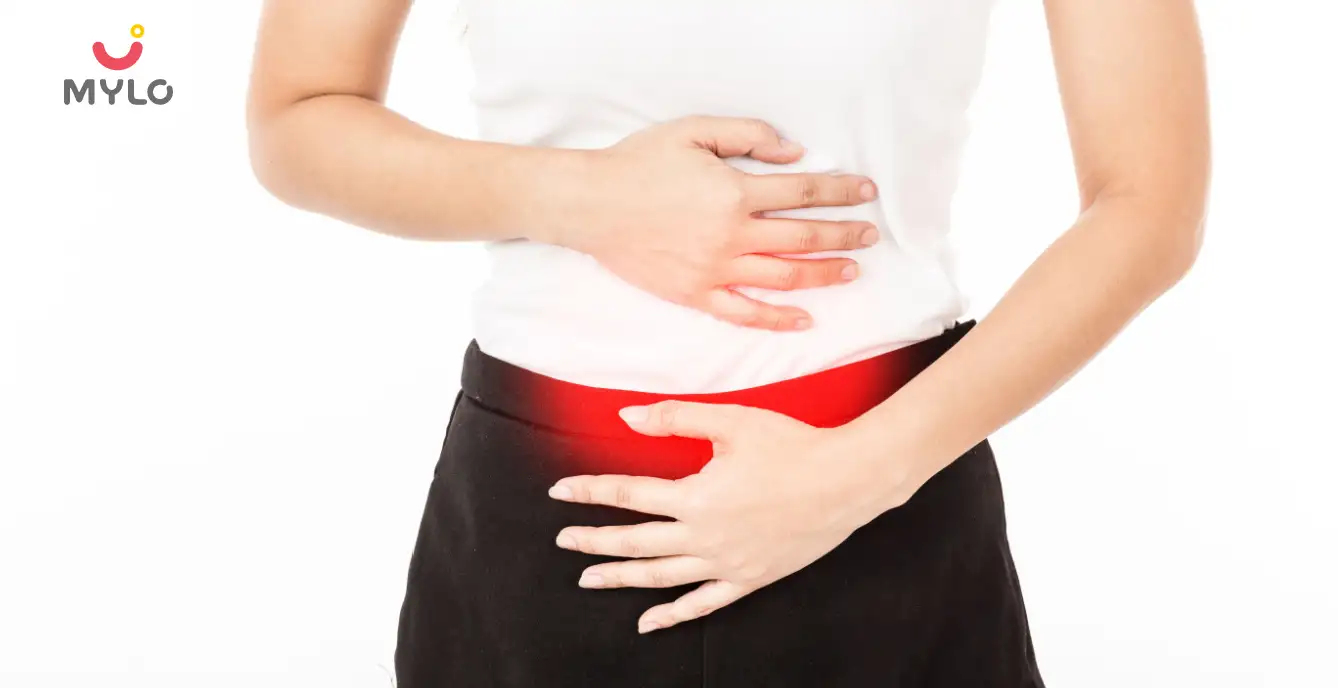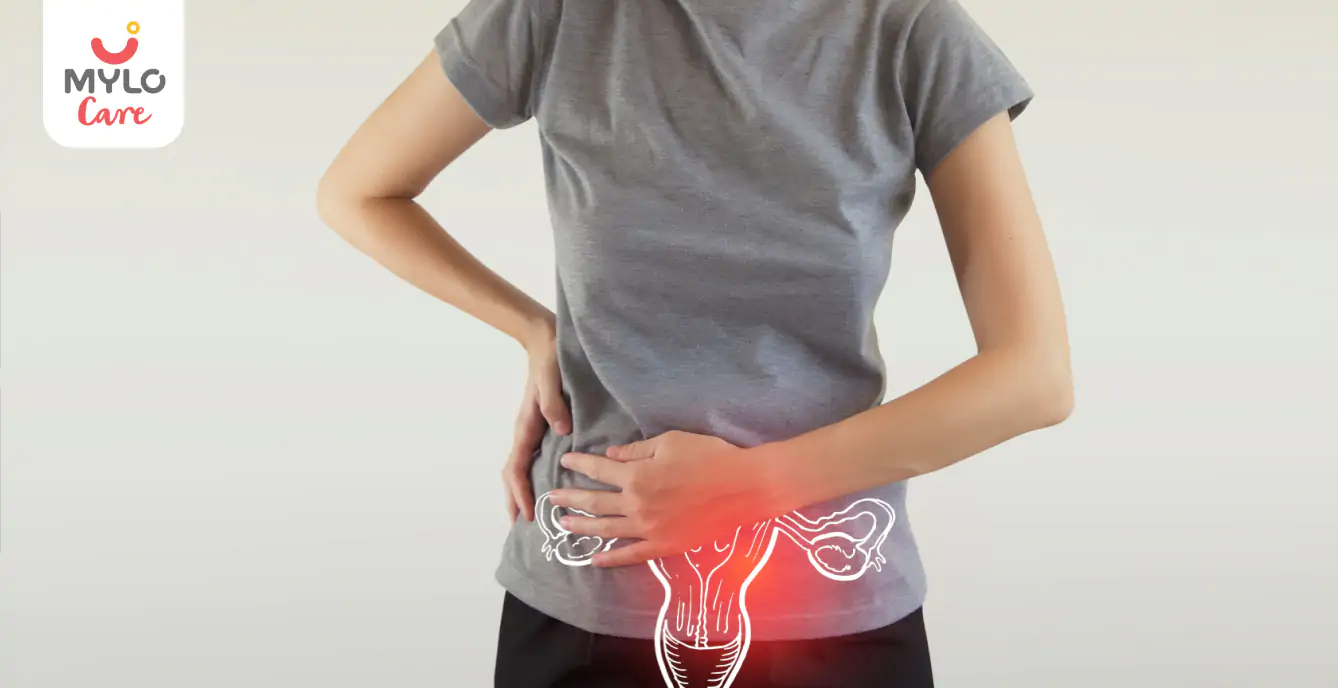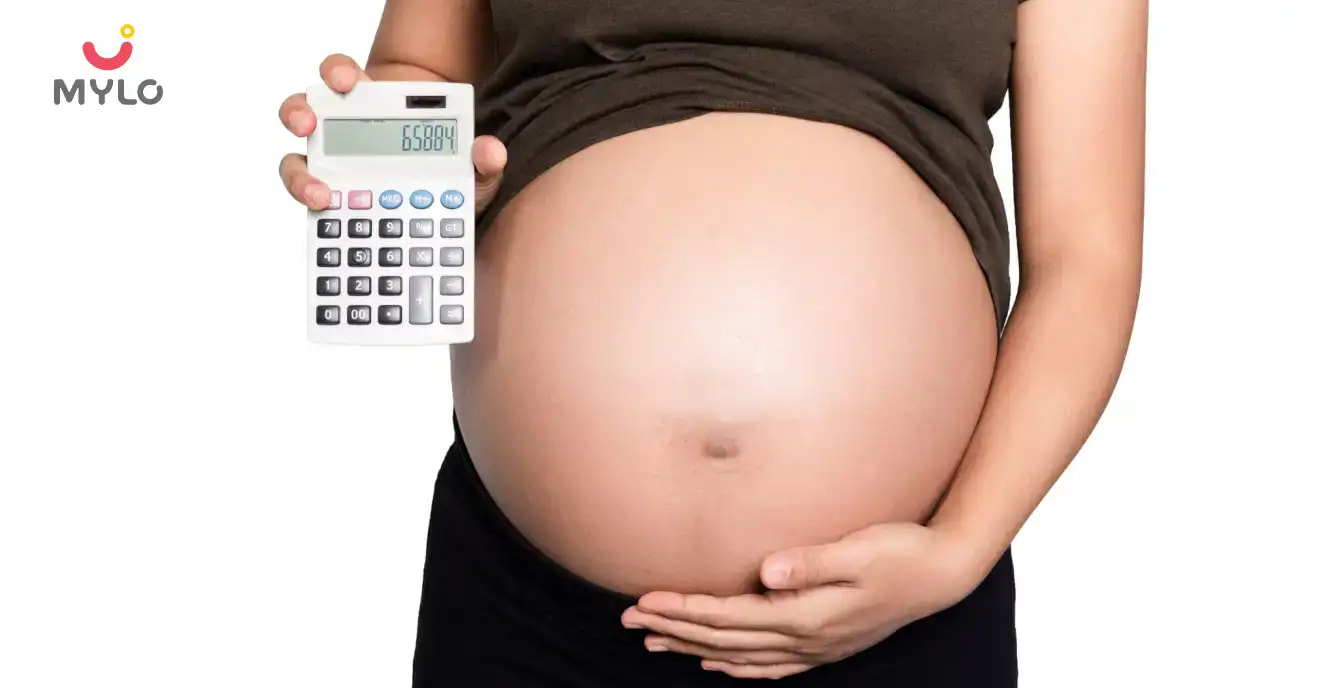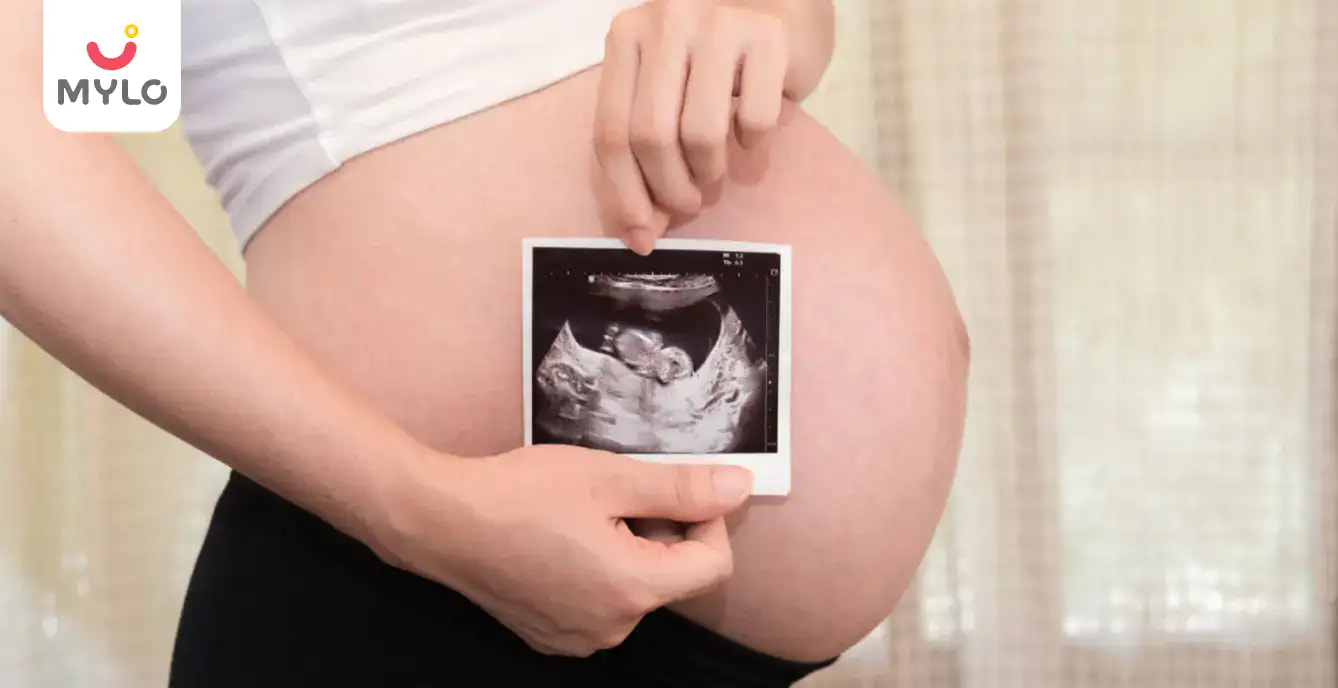Home

Conception

5 Tips on How to Get Pregnant When You Are Fat
In this Article

Conception
5 Tips on How to Get Pregnant When You Are Fat
Updated on 29 August 2023



Medically Reviewed by
Dr. Vani Puri
Obstetrician- Gynecologist, Infertility Specialist - MBBS| DGO, DNB
View Profile

Now that the initial butterflies of married life are settled, you and your partner have started to dream about having a baby. If you have tried together for months and still fail to see the second line on the pregnancy test, the patience seems to wither. Your overweight might be the reason for delayed conception. Yes, that’s true, although it might seem vague at first glance. Still, obesity is linked to fertility problems because overweight pregnancy is an issue and causes irregular ovulation, and conception gets delayed. Also, excessive fat creates an imbalance in the reproductive hormones, making it harder for you to get pregnant.
According to the American Society of Reproductive Medicine (ASRM), over 70% of women experiencing weight-related infertility can conceive without fertility treatments if they lose weight to a healthier range. The weight can be brought to normal levels by following a healthy lifestyle and including physical activity. However, if the increase in weight is due to an underlying medical condition like a thyroid problem, you must consult a specialist to manage the issue.
How does being overweight impact your ability to become pregnant?
Being overweight or obese is one of the common causes of trouble in conception. One question which kept ringing in my head is that can my belly fat affect my pregnancy. Yes, reason being irregular ovulation hampers the chances of getting pregnant. Under normal circumstances, ovaries produce a hormone called estrogen. However, fat cells also produce estrogen, and if the fat cells are more than the level of hormone estrogen rises. The extra estrogen is responsible for irregular or no ovulation, which also happens when you take birth control pills or are pregnant (as in both conditions, there is an increase in estrogen).
Although there are advanced fertility treatments available, the research shows that obesity can reduce the chances of conception even with assisted reproductive technologies like IVF. Therefore, it is best advised to discuss with your doctor regarding how to achieve a healthy weight that aligns with your pregnancy goals.
Does it matter whether you have centralized obesity or overall obesity and how does belly fat affect pregnancy?
Centralized obesity means you have more weight around the abdomen and is more associated with ovulation troubles and diabetes which can hamper your chances of getting pregnant. You might be wondering if you have central obesity, the best way is to examine your body shape, and if it is apple-shaped, then it means that most of your fat cells are concentrated around the belly region.
As per the latest research, people with proportionate weight distribution or more weight in their lower extremities or butt region are at a reduced risk. People with more weight in their lower region might be genetically susceptible to gaining weight, while central obesity is often the outcome of an unhealthy lifestyle.
Also read: Top 5 Things to Help you get Pregnant
What is a healthy BMI (Body Mass Index) to conceive?
BMI is the most accurate measurement used by doctors to know whether you are obese or overweight. The index is measured using your body weight and height, and a BMI between 25 to 30 is considered overweight, whereas a BMI of more than 30 is considered obese.
When a couple is trying for conception, the ideal target BMI should be below 25; however, the healthiest BMI may vary for different individuals. There is a possibility that a woman with an ideal BMI may have a hormonal imbalance that is responsible for irregular ovulation. In contrast, in another case, someone may fall in the obese group as per BMI range but can still ovulate regularly and have a higher chance of becoming pregnant.
How to lose weight in a healthy way to increase your chances of becoming pregnant?
The best way is to focus on developing healthy eating habits and improving your overall lifestyle if you are trying to lose weight healthily. A strict no against all the fad diets as they are not healthy and might deprive you of essential nutritional requirements. The below-mentioned 5 tips will ensure that you healthily lose weight and can plan your parenthood journey:
1. Modify your diet to a healthy one
Always remain conscious of what you are eating every day and make the following changes:
-
Prefer to consume whole and natural food items.
-
Remain aware of the food labels and count the calories you are consuming.
-
Remove raw sugars and processed food from your diet.
-
Consume a protein-rich diet that makes you feel fuller for longer.
-
Prefer to eat complex carbohydrates from whole grains, beans, and veggies.
2. Engage in the physical workout of your choice
You can achieve healthy weight goals through healthy eating habits and physical workouts. You can indulge in at least one physical activity that you enjoy, like walking, swimming, dancing, Zumba, or yoga. After gaining momentum, you can initiate your exercise routine, including a warm-up session, a conditioning phase, and a cool-down phase.
3. Don’t stress yourself
Stress only releases chemicals that make it difficult for you to lose weight. Therefore, keep your stress levels low and focus entirely on healthy living. Do not overwhelm yourself with too many goals and unrealistic plans; take one step at a time. Take time out for yoga, meditation, and deep breathing to reduce stress levels.
4. Ask for help if and when required
Making healthy lifestyle modifications and weight loss plans can be hard, and you can have a smooth journey by asking for professional help. You can also talk to your doctor or nutritionist to help you to plan healthy meals and schedule a workout that is easy to follow.
5. Keep track of your ovulation
You can know when you are ovulating with the help of available ovulation kits or can also calculate if you have a regular menstrual cycle. Another way to know about your ovulation is by checking your Basal Body temperature and maintaining a record in a journal. These methods will help you know your current ovulation status so that with lifestyle modification and medications, you can reach your desired goals with lifestyle modification and medications.
Summary
It is well known that one’s chances of getting pregnant are reduced when they are fat and obese due to fluctuating hormones. This article provided tips on how one can get pregnant when they are overweight. Always remembers ladies that Winners never Quit, and Quitters never Win.”
References
1. Bhattacharya, S., Pandey, S., Pandey, S., & Maheshwari, A. (2010). The impact of female obesity on the outcome of fertility treatment. Journal of Human Reproductive Science
2. Lang, A., Harrison, C., & Boyle, J. (2019). Preconception Lifestyle and Weight-Related Behaviors by Maternal Body Mass Index: A Cross-Sectional Study of Pregnant Women. Nutrients,





Medically Reviewed by
Dr. Vani Puri
Obstetrician- Gynecologist, Infertility Specialist - MBBS| DGO, DNB
View Profile


Written by
Ravish Goyal
Official account of Mylo Editor
Read MoreGet baby's diet chart, and growth tips

Related Articles
RECENTLY PUBLISHED ARTICLES
our most recent articles

Medications
Do Antibiotics Affect Fertility: Debunking Common Myths and Misconceptions

Fertility
Disadvantages of Releasing Sperm Daily: Debunking Common Myths

Medical Procedures
Varicocele Surgery Cost: What You Need to Know Before You Go Under the Knife

Male Infertility
Testicular Pain: Don't Ignore, Know When to Seek Medical Attention

PCOS & PCOD
PCOS with Regular Periods: Understanding the Symptoms and Implications

Women Specific Issues
Bulky Uterus: What You Need to Know About this Common Gynecological Issue
- Mylo Baby Wipes Review
- PCOS Treatment in Ayurveda: The Ultimate Guide to Natural Treatment Options
- PCOS Acne: The Ultimate Guide to Causes, Treatment and Management
- Maggi in Pregnancy: Is It Safe to Enjoy Your Favorite Instant Noodles?
- Oats During Pregnancy: A Winning Combination for Both Mom and Baby
- Types of IVF, Their Benefits and Side Effects Everything You Need to Know..
- How to Sterilize Baby Bottles: The Ultimate Step-by-Step Tutorial
- What to eat when trying to conceive
- White Discharge After IUI: Is It Normal & When to See a Doctor
- Diet & Exercises Your Wife Can Follow During Pregnancy
- Can a diet plan help deal with infertility in women and boost the chances of conception?
- How to Sterilize Breast Pump: A Comprehensive Guide for New Moms
- Bronchiectasis Meaning in Hindi | ब्रोन्किइक्टेसिस क्या होता है?
- The Ultimate Guide to Teej 2023: Celebrations, Traditions, and Dates


AWARDS AND RECOGNITION

Mylo wins Forbes D2C Disruptor award

Mylo wins The Economic Times Promising Brands 2022
AS SEEN IN
















- Mylo Care: Effective and science-backed personal care and wellness solutions for a joyful you.
- Mylo Baby: Science-backed, gentle and effective personal care & hygiene range for your little one.
- Mylo Community: Trusted and empathetic community of 10mn+ parents and experts.
Product Categories
baby carrier | baby soap | baby wipes | stretch marks cream | baby cream | baby shampoo | baby massage oil | baby hair oil | stretch marks oil | baby body wash | baby powder | baby lotion | diaper rash cream | newborn diapers | teether | baby kajal | baby diapers | cloth diapers |







